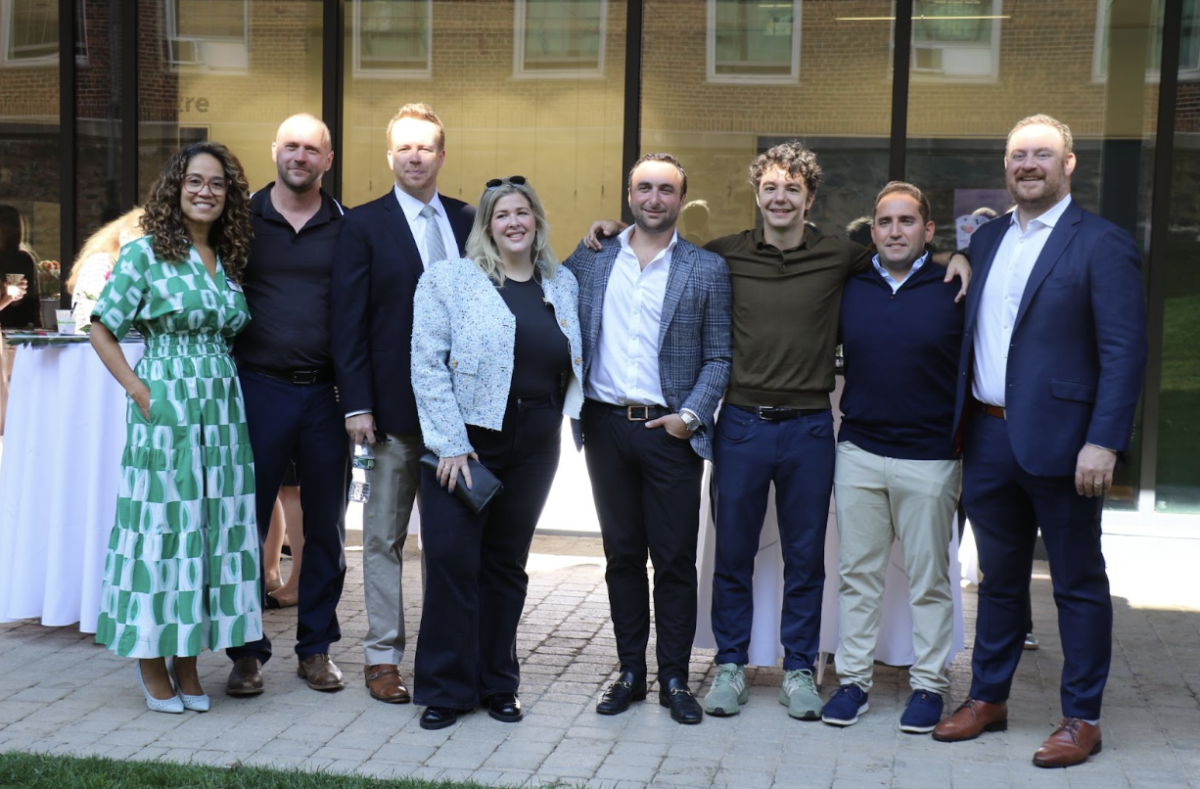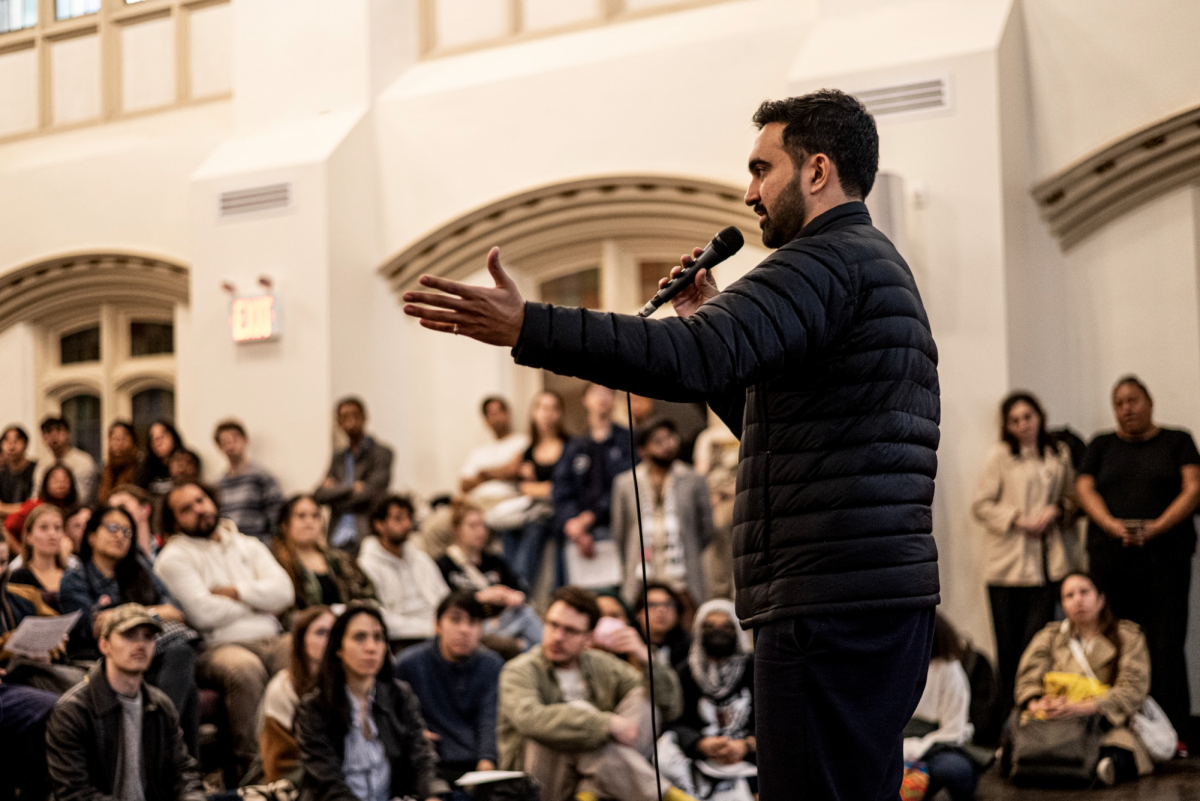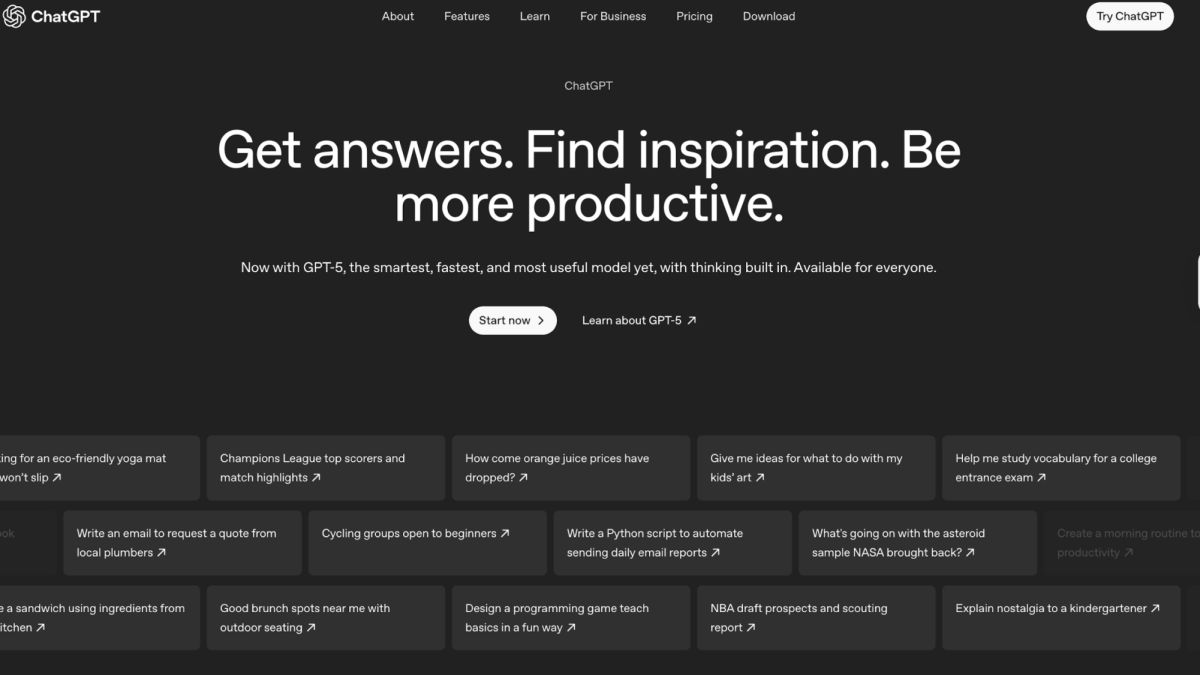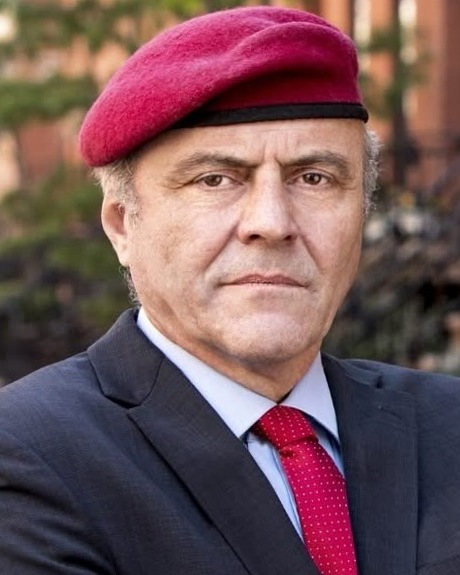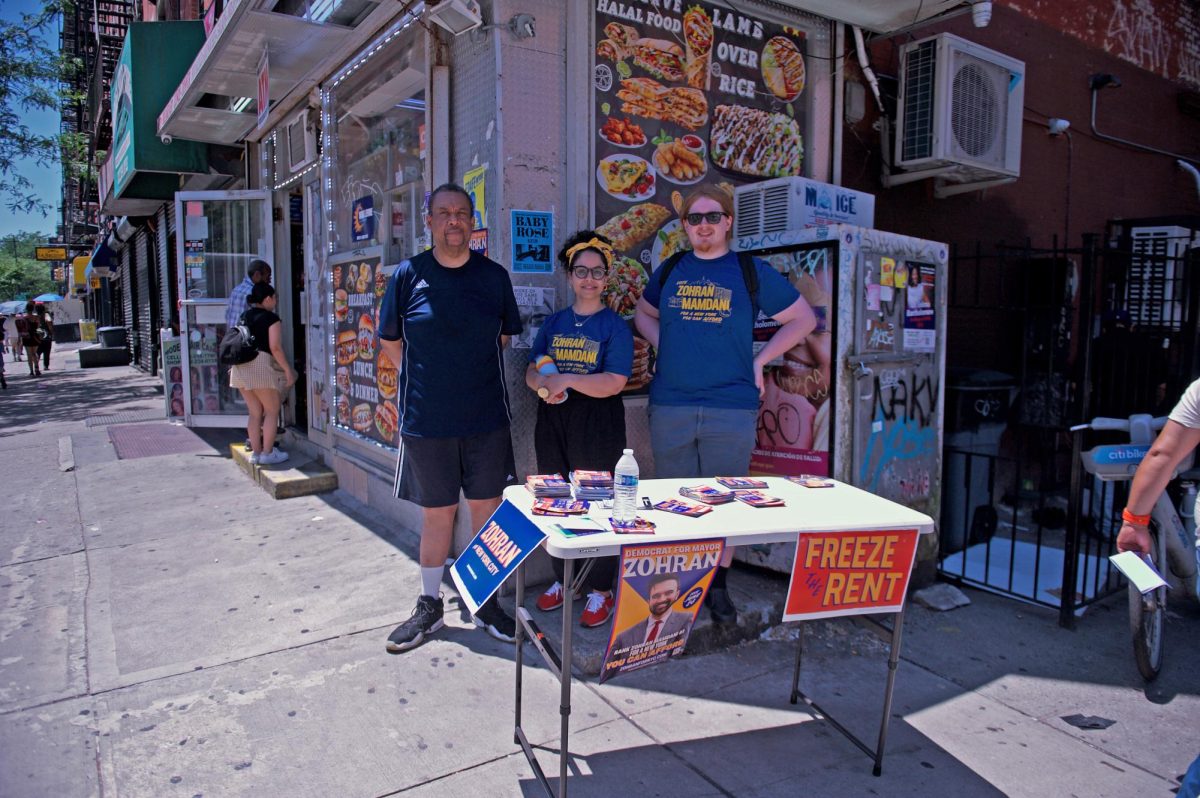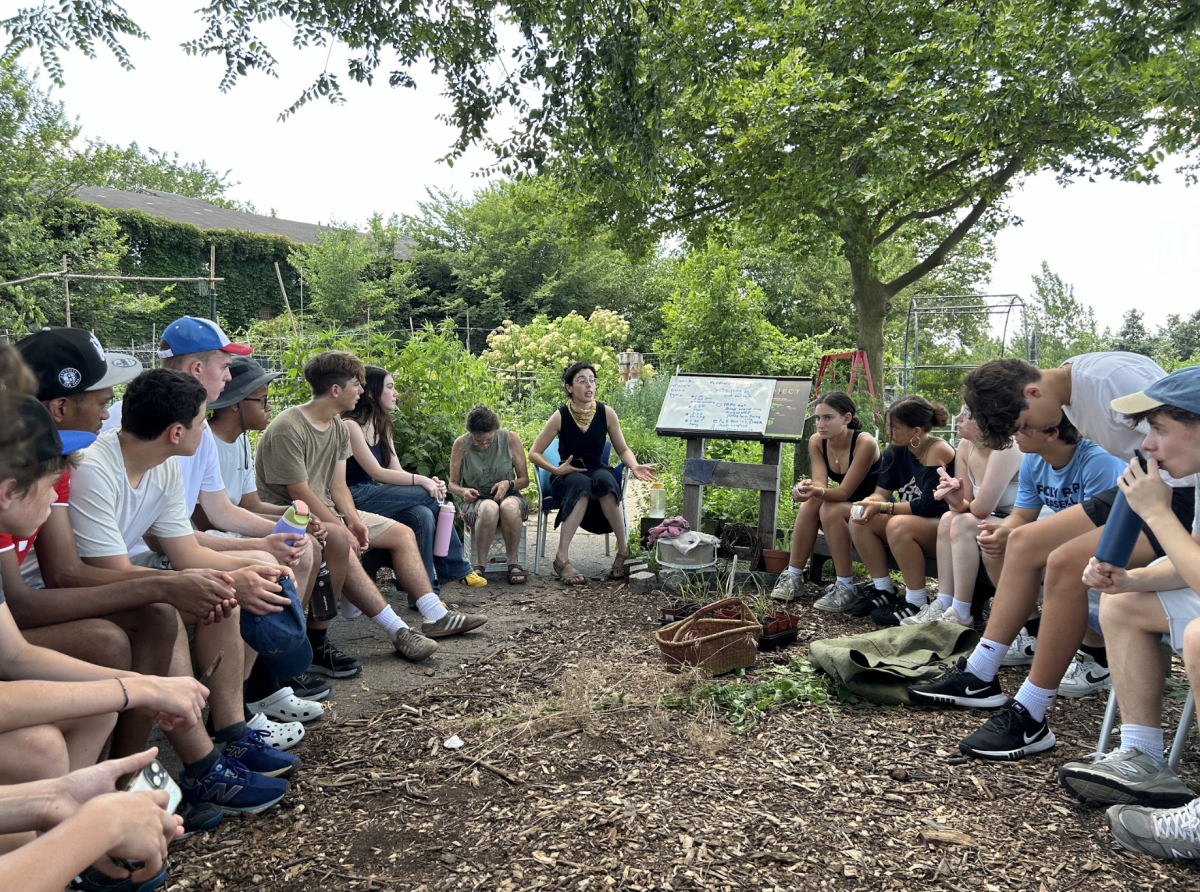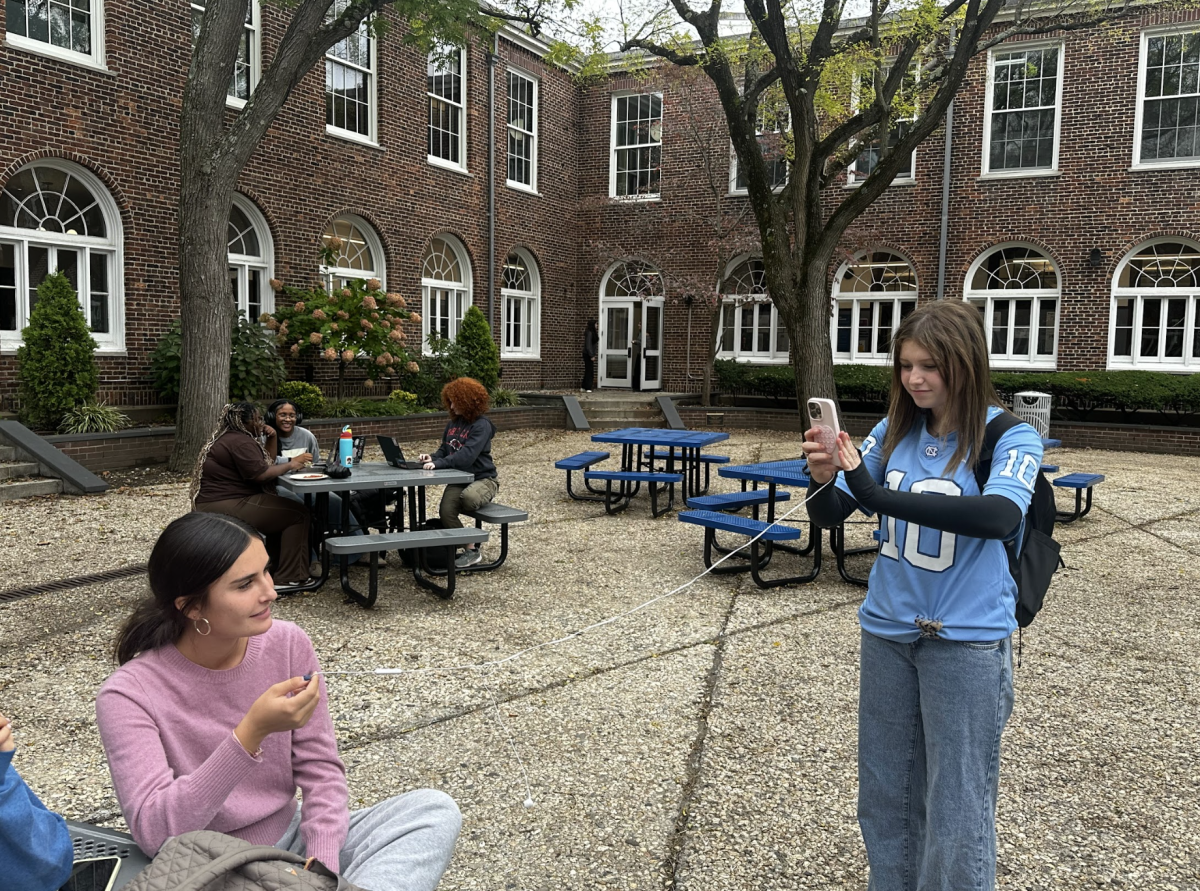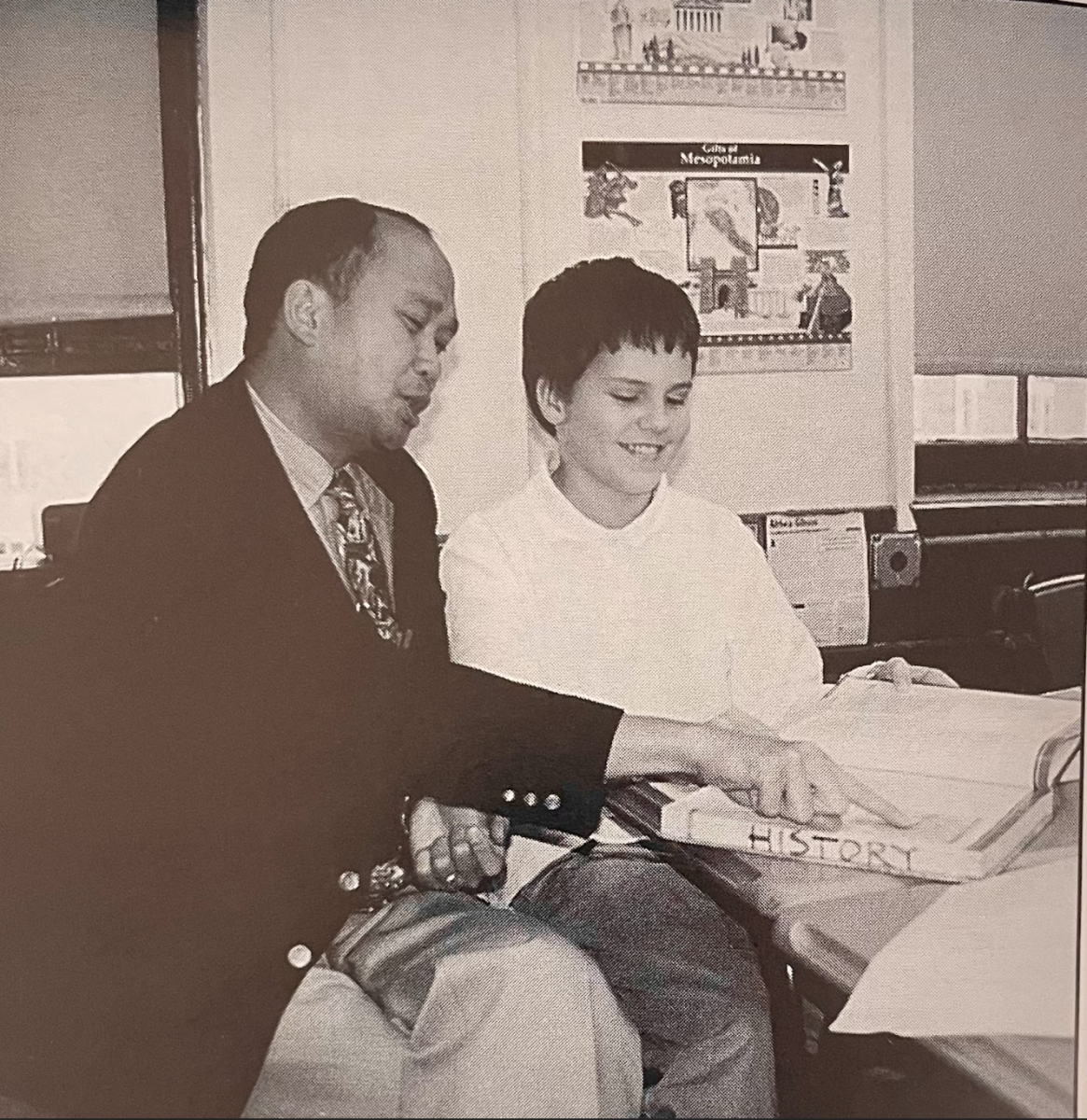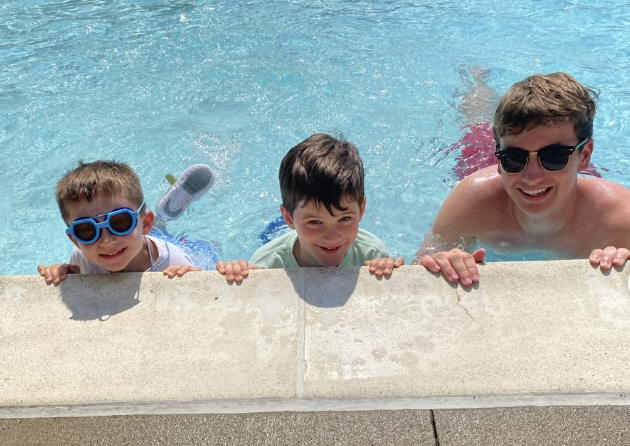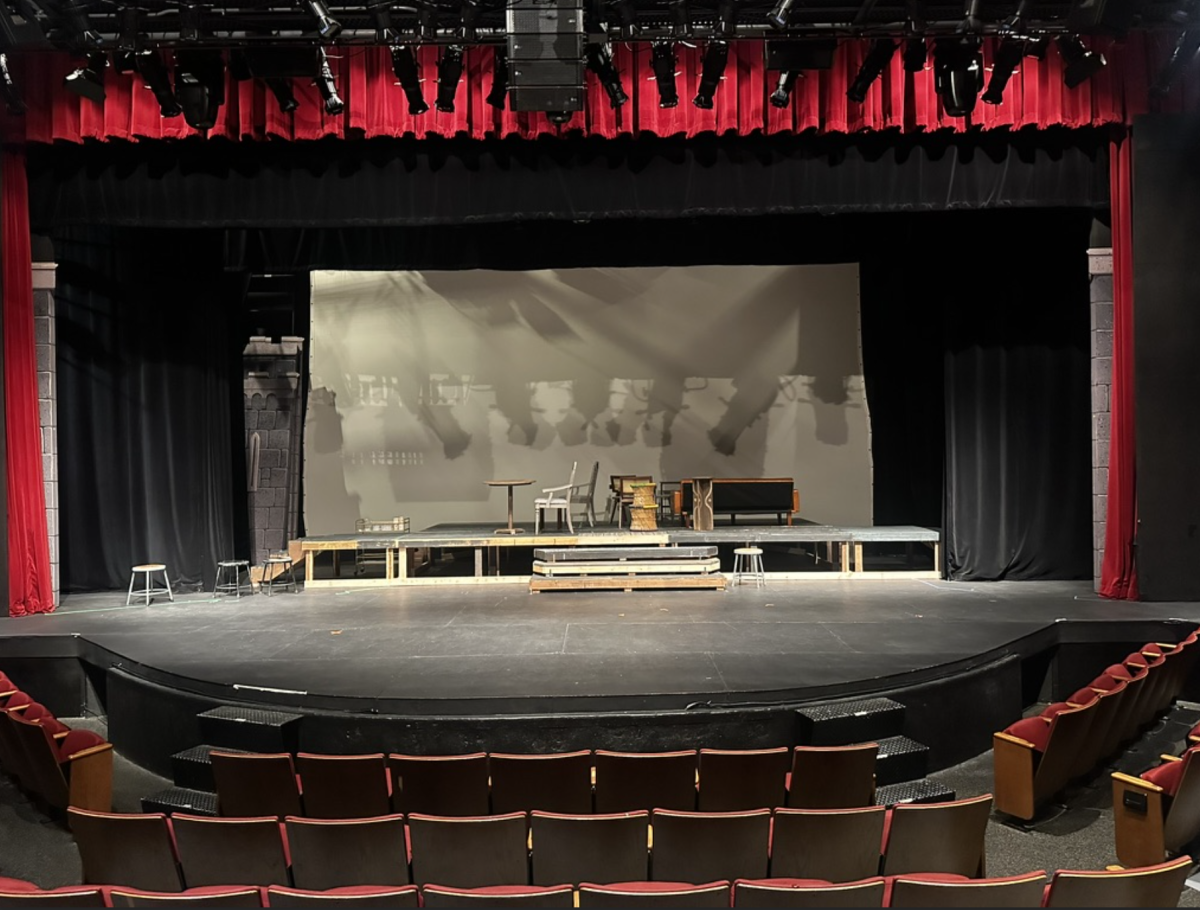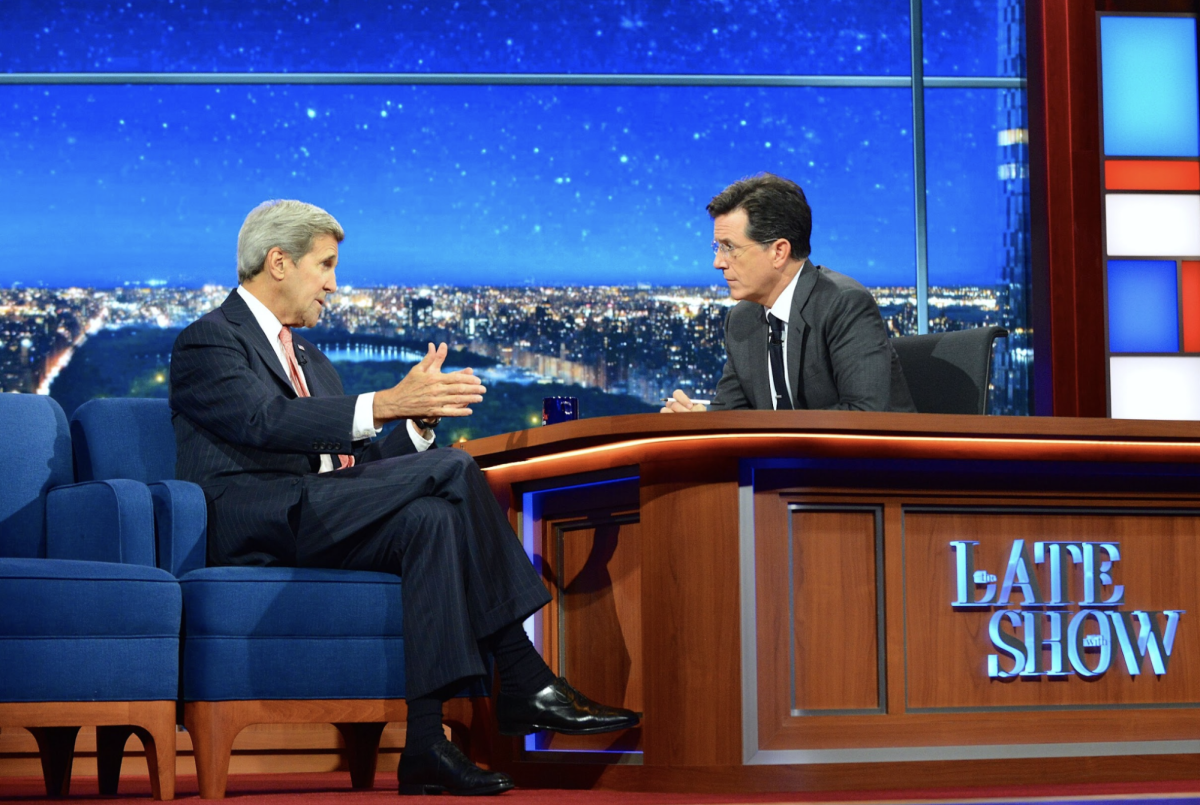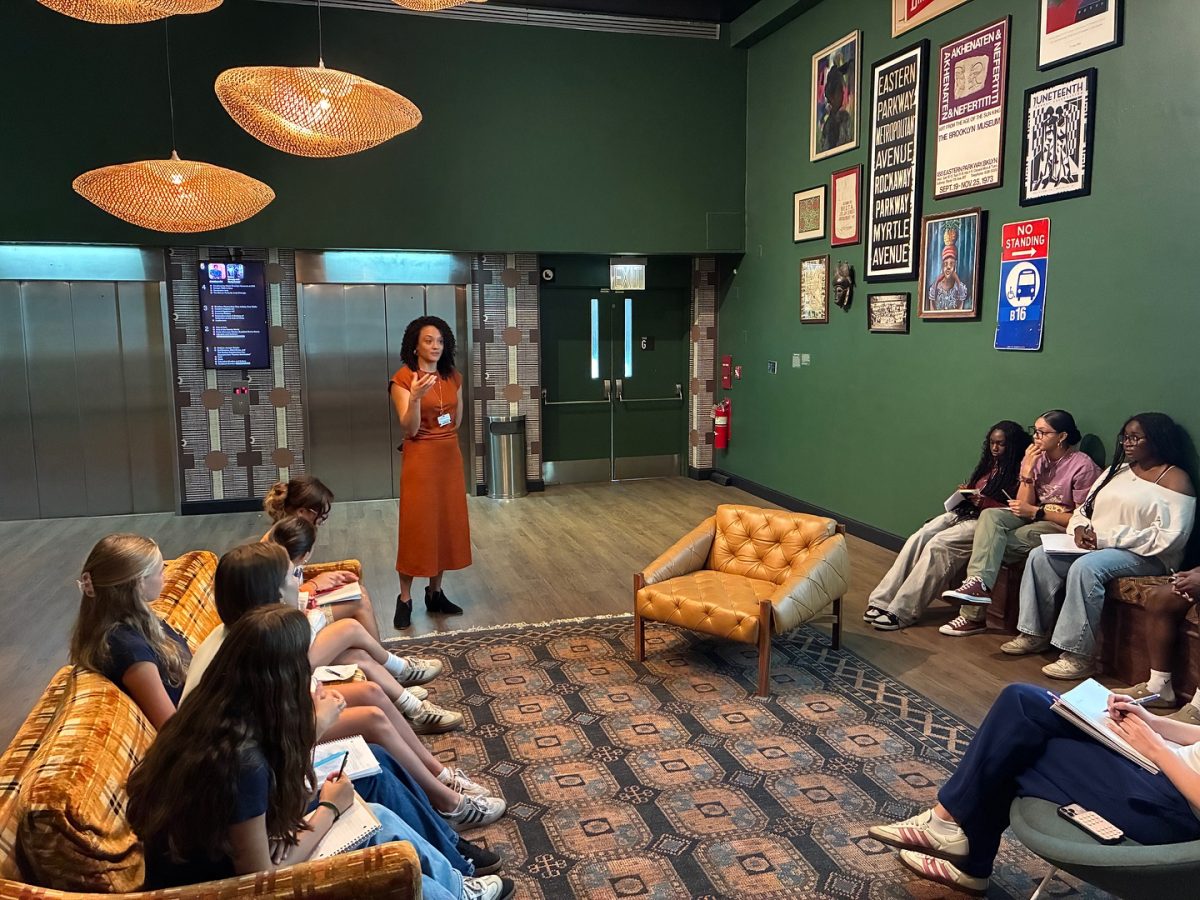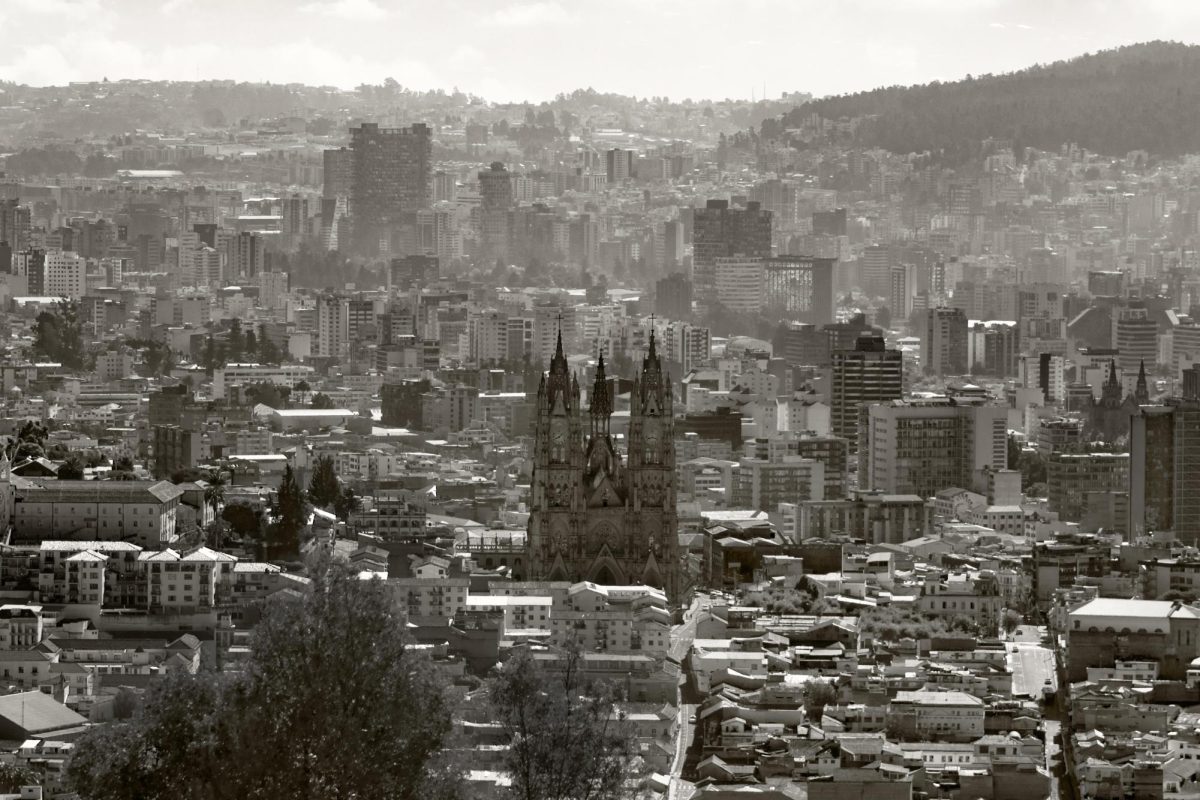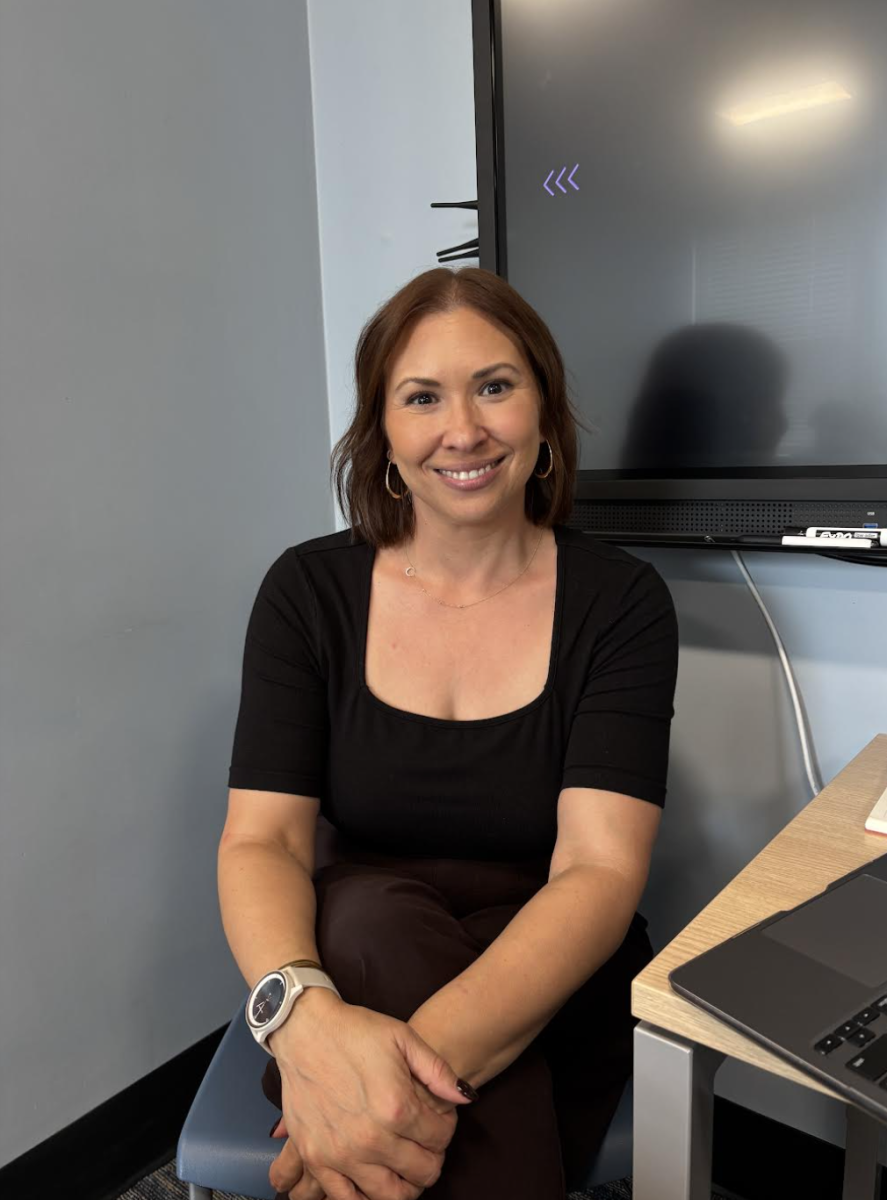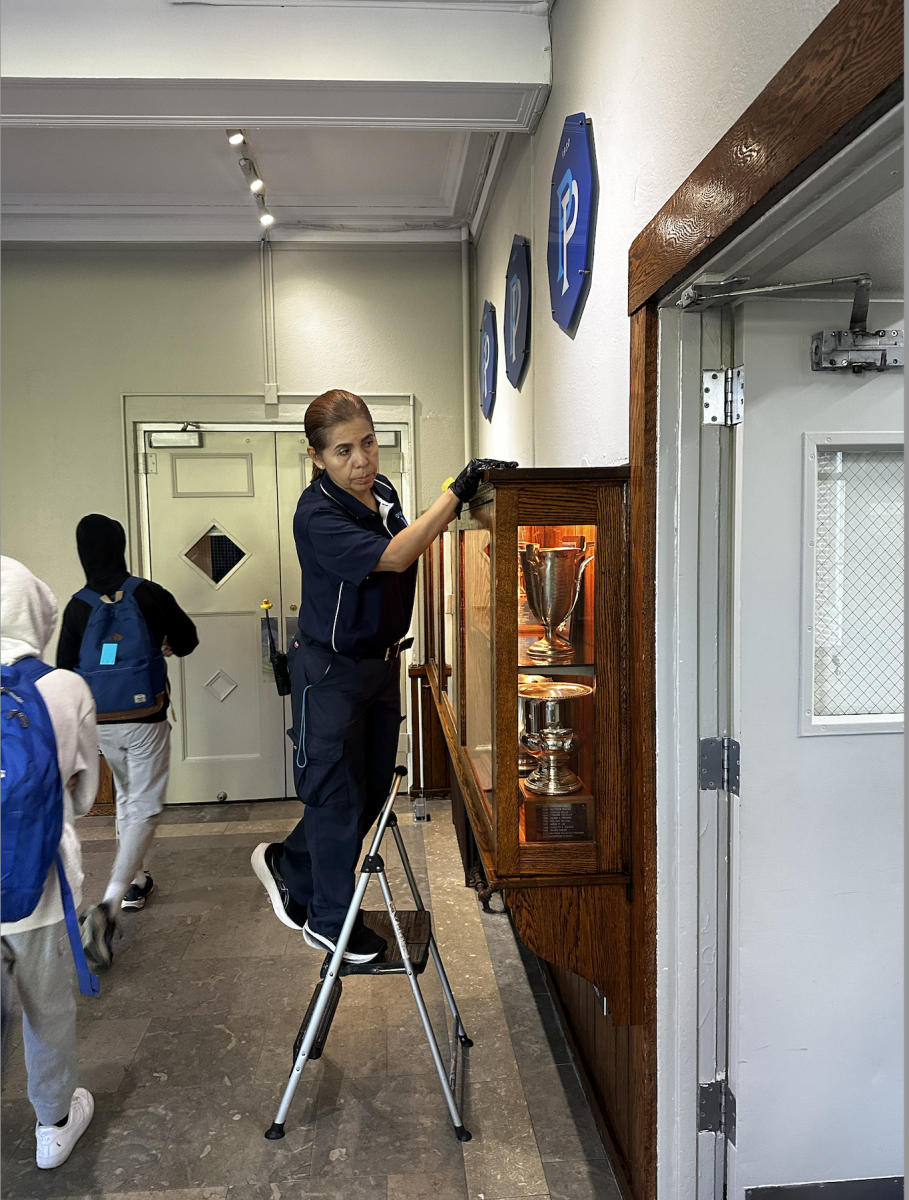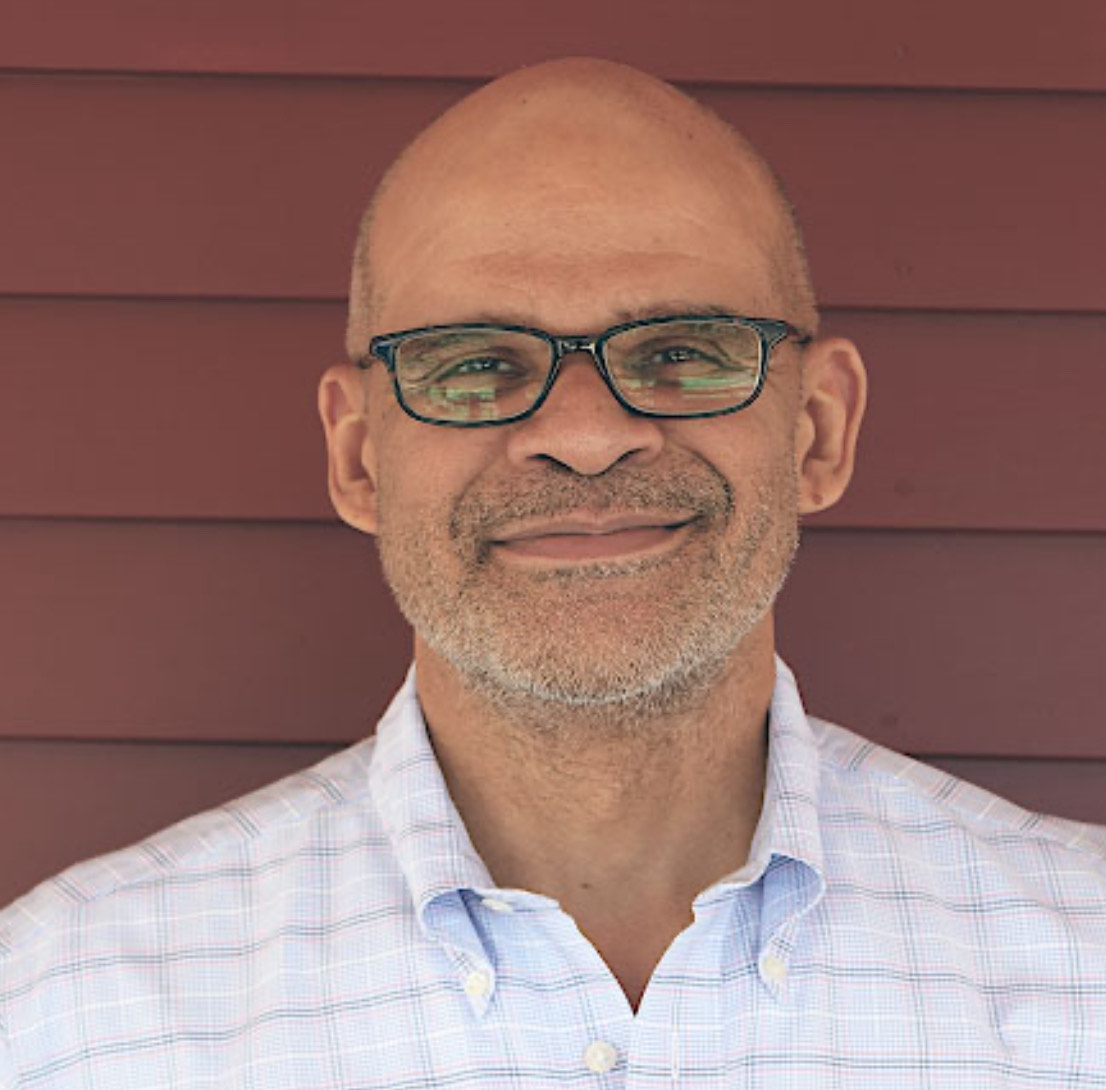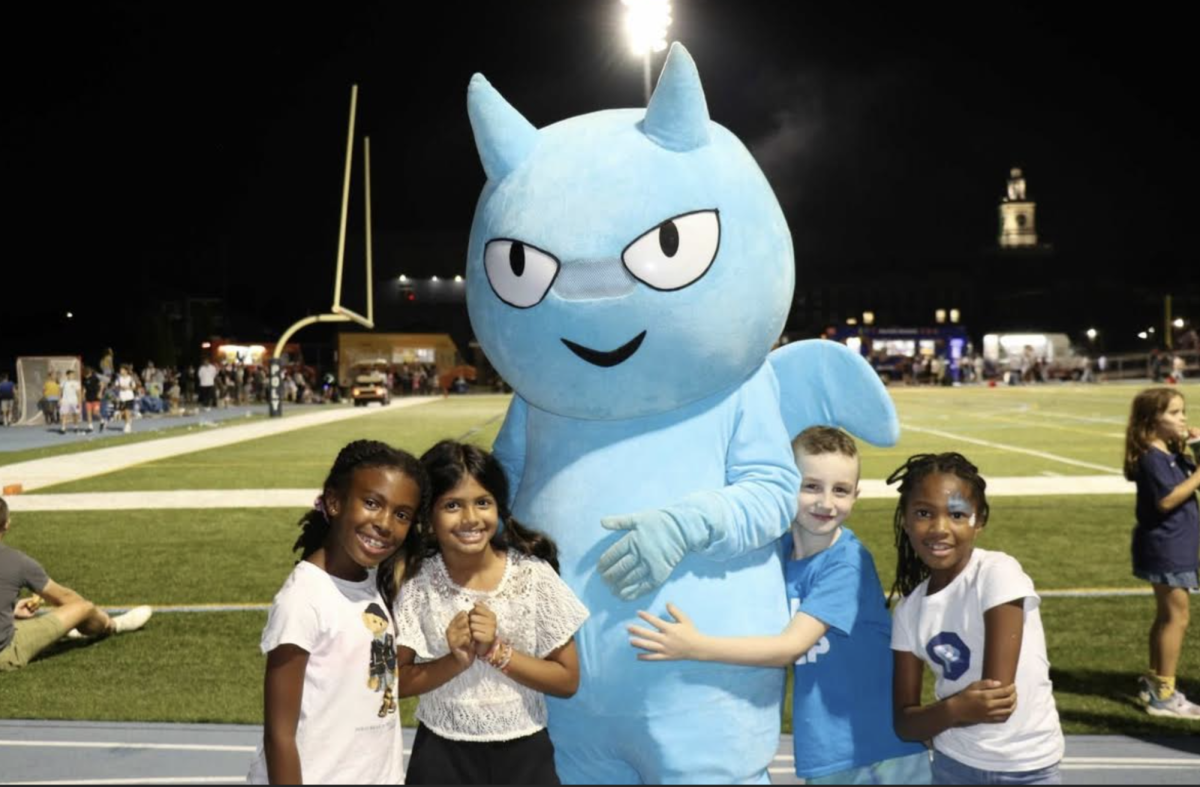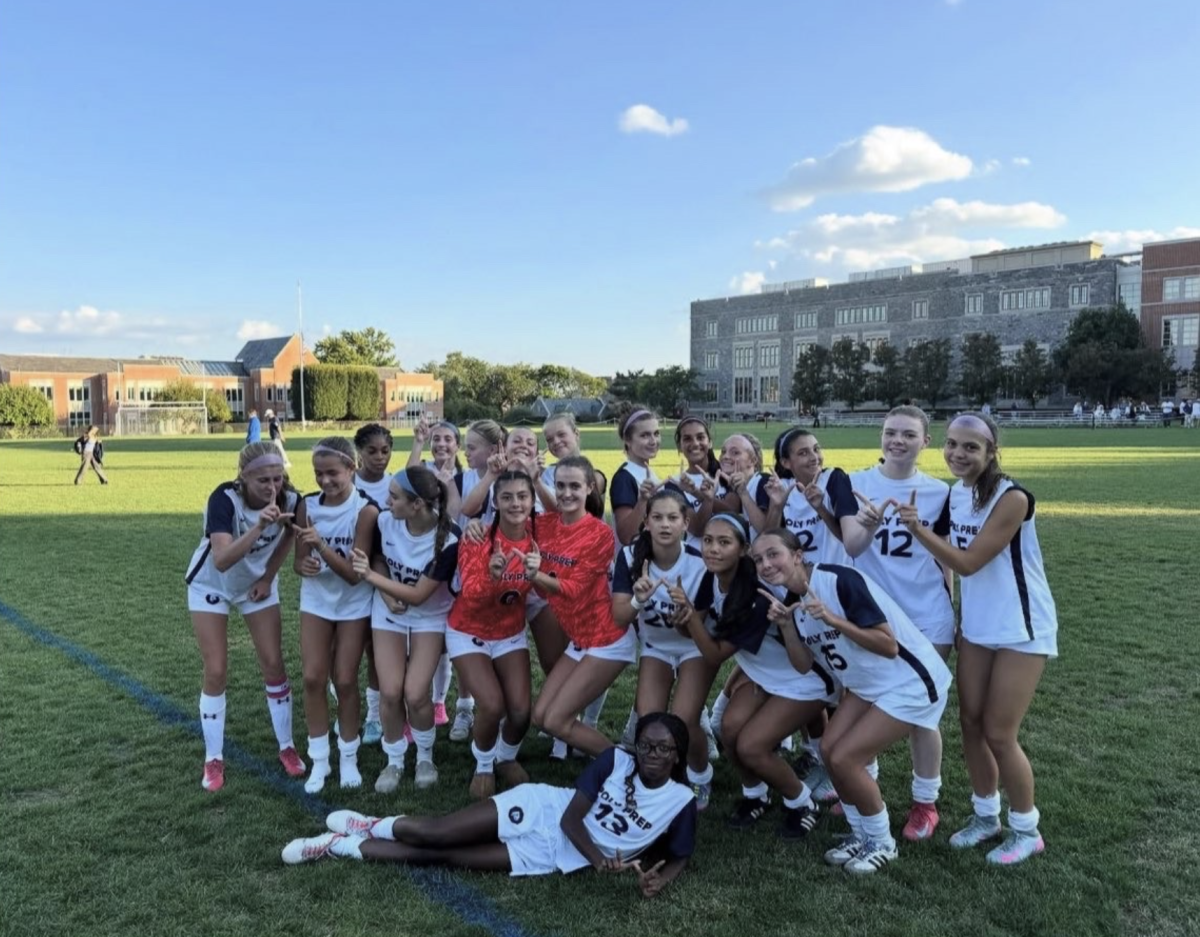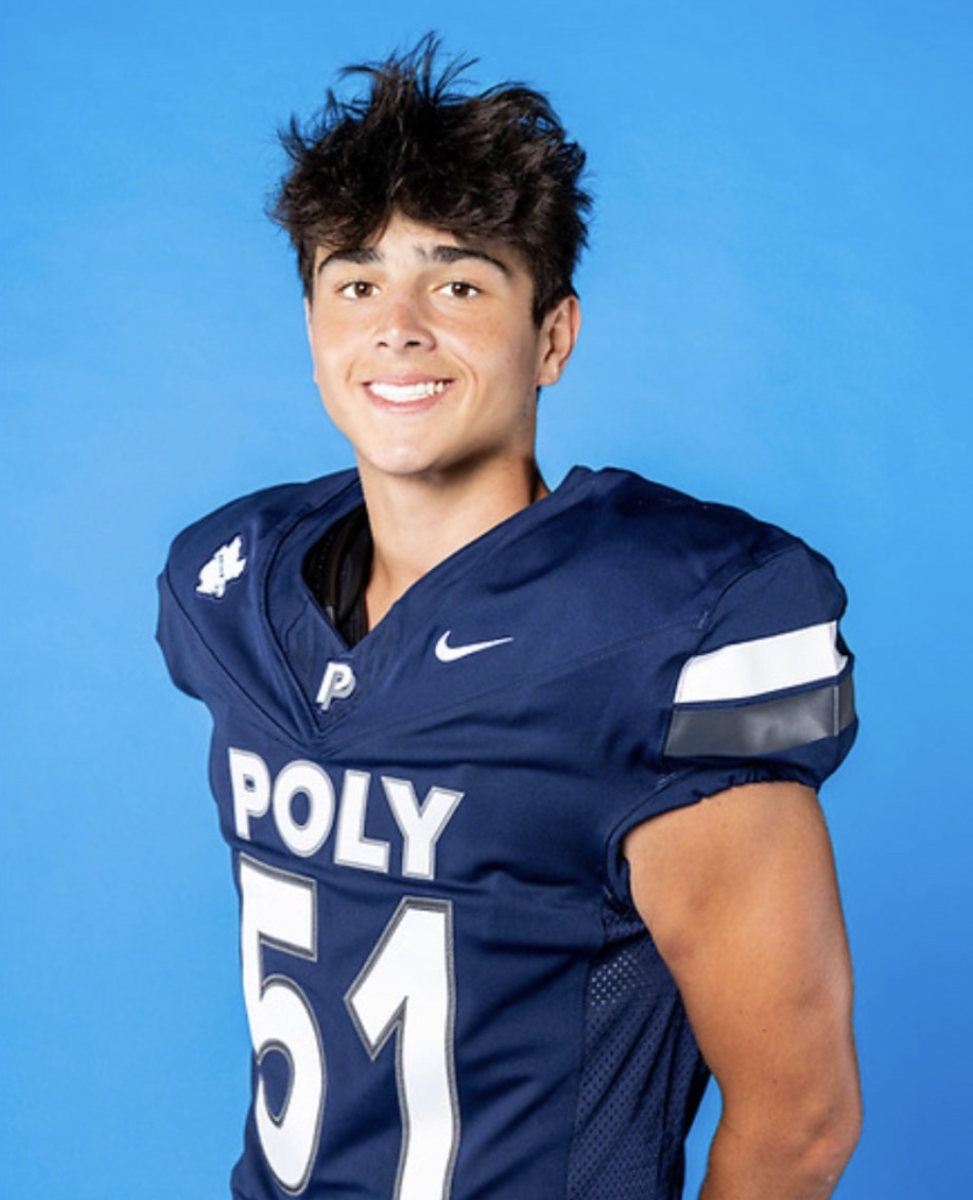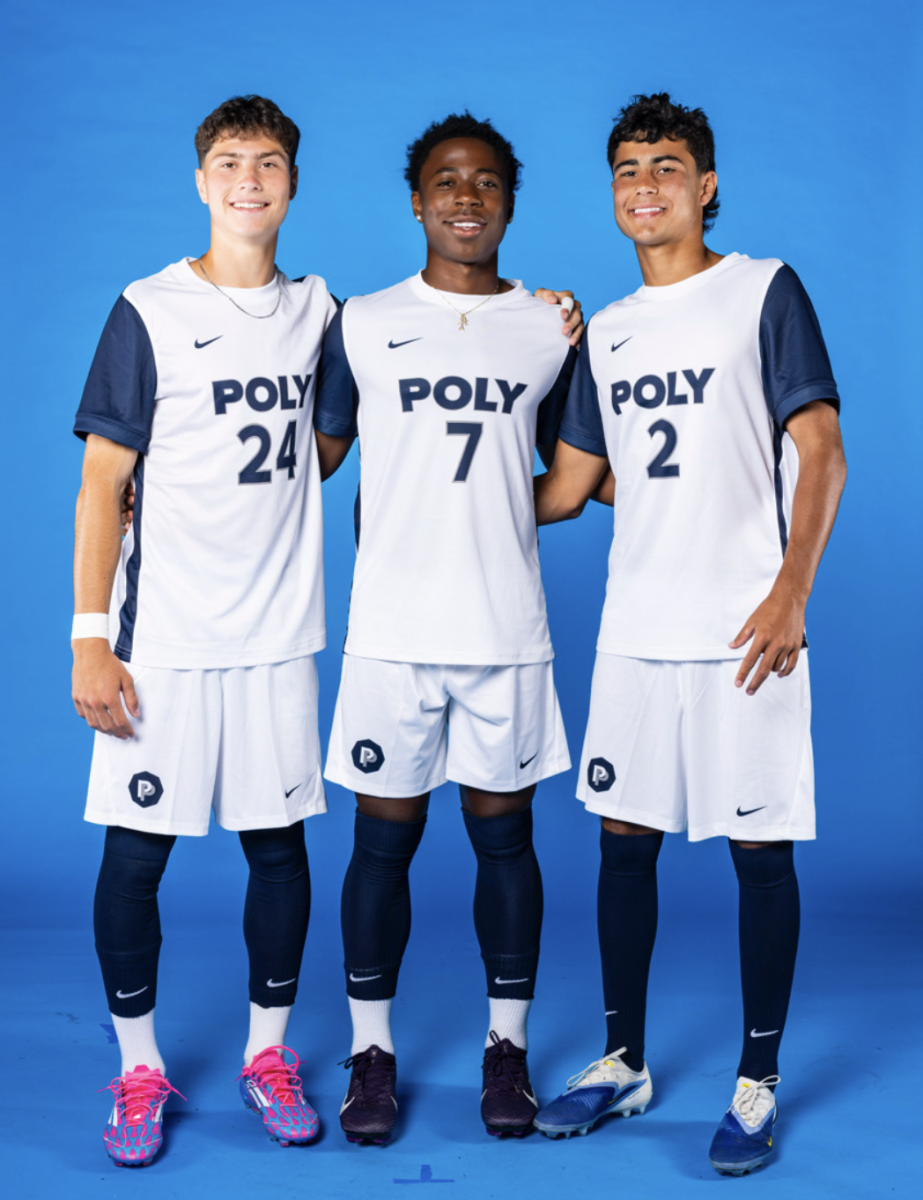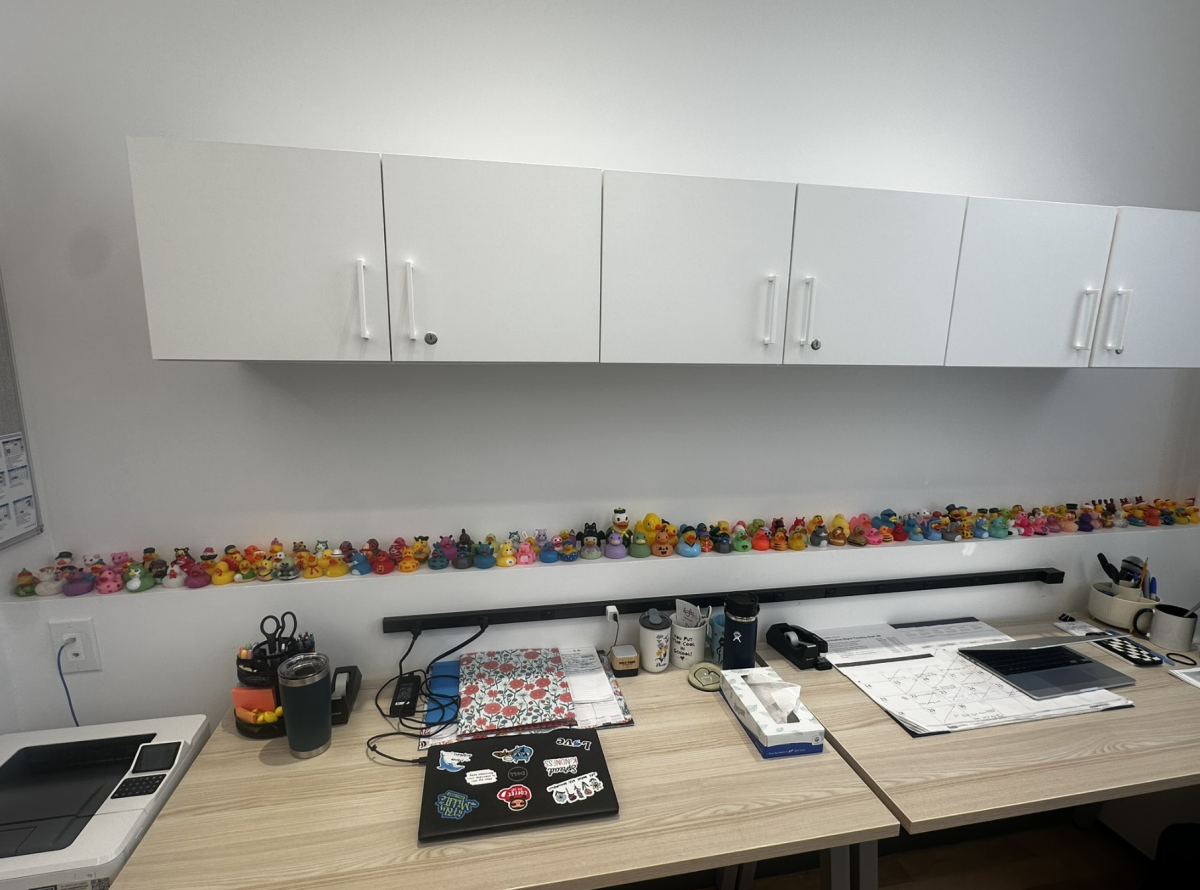According to Zoni, a company that facilitates curricular travel, “Adults who participated in educational travel between ages 12-18 have shown greater success in terms of education and income.” Curricular travel includes trips that are woven into the curriculum as well as optional trips for those who have a deeper interest. The benefits of curricular travel are endless, explained Head of Middle School Daniel Doughty in an email. “Students are able to immerse themselves in the history, “learning directly from experts in relevant locations bridges theory with real-world application. Students can connect with the sensory and cultural richness of their environment—experiencing the sights, smells, cuisine, and history firsthand while gaining insights from local experts.”
“Field trips were a very important aspect of the “Poly family” since they allowed students the opportunity to form friendships with their classmates and teachers outside of the normal school environment,” said Phoebe Aberlin, a health and well-being faculty member. Then COVID happened, shutting down any possibility for travel, let alone in-person school. Despite the harm this caused to physical and emotional experiences and community bonding, Poly is working to reestablish grade-wide trips and curricular travel in an attempt to revive these previous explorations.
Pre-COVID
Students interested in curricular travel pre-COVID had various opportunities to choose from. For instance, Sarah Bates, the head of the upper school, has been on trips with kids to numerous countries: South Africa, Botswana, Zimbabwe, Cambodia, Vietnam, Germany, and the Czech Republic. With these trips, “students weren’t tourists, they were travelers,” explained Bates. “I wanted to make sure that our students had an opportunity to really engage with what I felt was important and what I thought they would feel was important.”
Immersing students in a different environment than they are used to and learning about a different culture and lifestyle helps students better connect to the history they learn in the classroom.
Bates shared that while she was on a trip to Cape Town, students were able to meet local high schoolers from the area. Although they came from differing cultural backgrounds, with time, they began to bond over common food and music. “Hearing what artists were popular in South Africa and new music that was coming out of the U.S. ended up in this dance party,” explained Bates.
Students were able to broaden their perspectives and think about worldwide news rather than local news. According to an article in Forbes, “As you learn about other political, economic, and social structures, you’ll naturally shift to a global viewpoint where you understand how people and places are interconnected… cross-cultural experiences can pull you out of your cultural bubble and help you empathize and increase your sense of connection with people from backgrounds different than your own.” This is an important experience for young adults to be exposed to as they attempt to grasp their own understanding of the world because it allows their awareness to expand worldwide, not just the issues that affect them personally. Alumni Liat Weinstein ‘17 reflects on her trip with Poly to Africa: “I didn’t think I would get to do anything like that in high school…to get to travel so far away, especially with teachers who had such expertise in the subject.” Weinstein continued to explain how, as someone who is interested in history, this trip had influenced her college path: “I eventually majored in history; I think Poly and that trip really informed that decision… It definitely made me want to continue understanding and studying history, not just in a classroom, but getting that [unique] experience [of] going to museums and getting to go on the South Africa trip and seeing the places where major civil rights events occurred.”
COVID
During the 2019-2021 school years, the COVID pandemic hit, shutting down the world we knew and putting a pause to normal activities, forever changing the way in which we do things. Jared Winston, the director of student life for Middle and Upper School, describes how each year since, Poly has been working to reintroduce some of the aspects of the pre-COVID era. In the 2021-2022 school year, “We were in school, people had to wear masks, and we were in classes, but kids had to keep distanced.” An article in Chalkbeat, a newspaper that focuses on education, discussed the increase in field trips to the Natural History Museum from that same year. However, the article states that the “visits from school groups [were] only about 50% of their pre-pandemic levels, according to Lisa Gugenheim, the museum’s director.” 2022-2023: “Was our first year of school since 2019 where kids could be unmasked and undistanced on campus. What that required from us as a school community was re-teaching a whole new student population really how to be together here on campus.” 2023-2024: “This is the first year that we’re reintegrating trips into our school culture. But even last year, we had the London trip for our Middle School and we introduced Upper School trips as well, said Winston. “Kidsf went to Italy during spring break, for example, you know. So I think last year would have been the first year that we could reasonably reintroduce trips. We did, albeit on a smaller scale, it showed that we could revitalize a model here at Poly where trips are part of the culture. This year has then grown in that direction, and there’s no reason to think that next year would be anything but an increase and an improvement on a culture where trips are important to the community.”
Reinventing The Idea of Curricular Travel
This year is the first year of normalcy where the school can start to incorporate more of the old traditions that were put on hold during the pandemic. Elizabeth Mansfield and Timothy Shea take on the roles of directors of global studies, giving them the job of advising all curricular travel. Shea shared that while conversing with travel companies, they said that they are “starting to see the numbers go up again [after] schools experience[d] the drop in travel [due to COVID].”
Middle School
Similarly, this year, Doughty felt comfortable bringing back trips to the Middle School. He said “it felt like enough time had passed since the pandemic, and as a teacher and advisor, I always loved the class trips. Getting them started again took a lot of planning and communication and started almost a year in advance of the first big trip. I shared ideas with teachers, parents, the business office, and administration to make sure everyone approved and supported the trips. Everyone was very enthusiastic in their support. Throughout the entire process, Mr. Winston was a huge help and in many cases, took the lead on organization and outreach.” Each grade in the Middle School took a grade-wide trip at the beginning of the school year, according to a Polygon article in the October/November 2024 issue. For instance, the seventh graders went to Philadelphia for the day and visited significant historical locations. Doughty found that a challenge of planning trips was reserving the facilities. The lack of availability suggests that many schools are trying to reincorporate trips into their schedules.
The Planning Process Of Global Studies
These trips are “driven by faculty who are interested in taking the curriculum that they have in their classroom beyond the classroom,” said Shea. In the Spring, faculty members who are interested in leading a trip will submit proposals to Mansfield and Shea, who will figure out logistics and make the final decisions. During the Fall, students will be able to apply to their trip of interest. Bates says that the goal of organizing well in advance is to “give students and parents an opportunity to plan right to make sure that you can see all the different options available, and then plan accordingly.” The Financial Aid office works closely with them to ensure that students with financial aid are given the same opportunities for travel.
“We want students to be able to think of themselves like we do on the Poly website,” said Shea. “We have this thing that says ‘A global perspective starts in Brooklyn,’ and one of the things that we’ve been challenging ourselves to think about in creating Global Studies is to say, how are we trying to fulfill that.”

